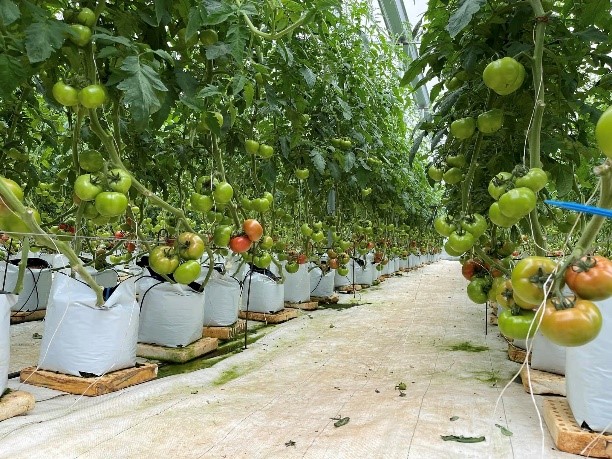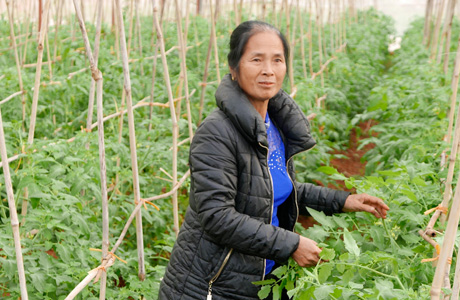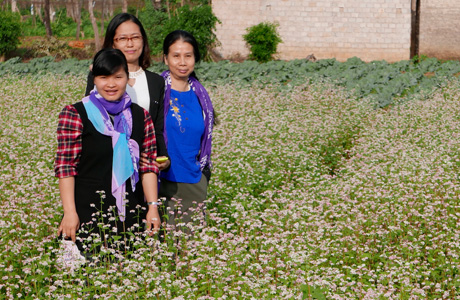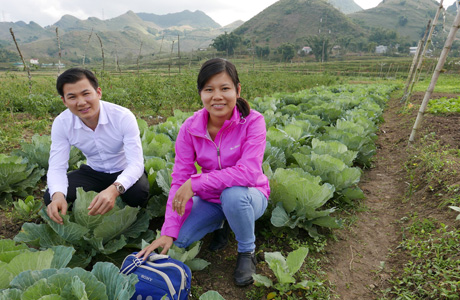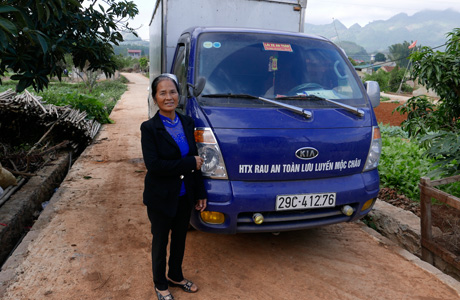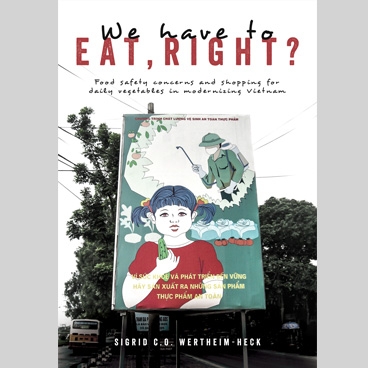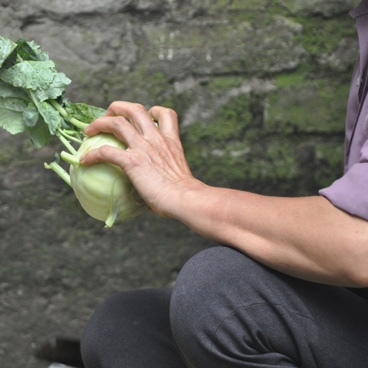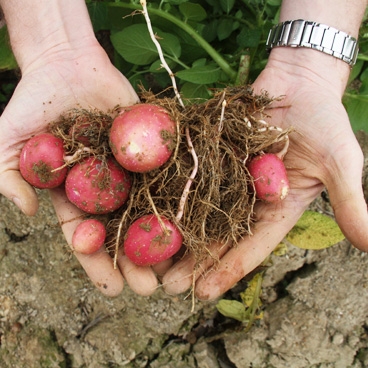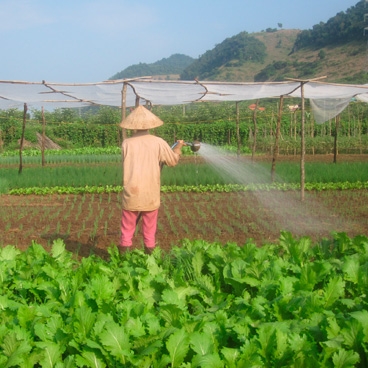The project consortium partners Ridder, Royal Brinkman, HollandDoor and Fresh Studio are pleased to announce that our project application under the Partners for Water program has been approved. Under the project name: “Improving water availability and safety through optimized irrigation and fertilizer application by hydroponic growers in Vietnam” the project consortium will establish 2 pilot locations to demonstrate the feasibility and advantages of re-using drain water to local horticulture farmers in Lam Dong province, which is the horticultural production center of Vietnam.
Before the application of this pilot project a thorough feasibility study was undertaken by the consortium, providing sufficient understanding and proof for which crops, and under which circumstances an investment in re-using drain water has the fastest return on investment.
In Vietnam a modern greenhouse sector is fast developing, especially in the highlands of Lam Dong Province, which is since decades the main production region of fresh vegetables and flowers for the densely populated urban Mekong, including Ho Chi Minh City (HCMC). To prevent soilborne diseases and to increase productivity, greenhouse production in Lam Dong is shifting fast towards hydroponic greenhouse cultivation (out of soil, on a substrate) in which irrigation is combined with fertilizer application (fertigation). In terms of water efficiency hydroponic cultivation is much more efficient, however irrigation requirements are still significant. This project is unique as it unlocks abilities in both the fields of water safety and water security:
- Water security: increasing water use efficiency to produce horticultural produce and thereby decreasing the water footprint of vegetables and flowers produced by saving 10 – 35% of irrigation water.
- Water safety: greatly reducing the contamination of the environment (eutrophication) by avoiding leaching of nutrient rich drain water into the environment.
The rapid expansion of intensive horticulture production combined with irrigation practices and management which are not optimized, is putting pressure on the availability of sufficient irrigation water. The limits of available irrigation water resources are already reached. With increasing demand for fresh vegetables, this creates a risk for food security in some periods of the year. Using irrigation water more efficient and increasing the water use efficiency will enable the horticulture sector in Vietnam to grow in a sustainable manner, while ensuring food security and water availability in the future.
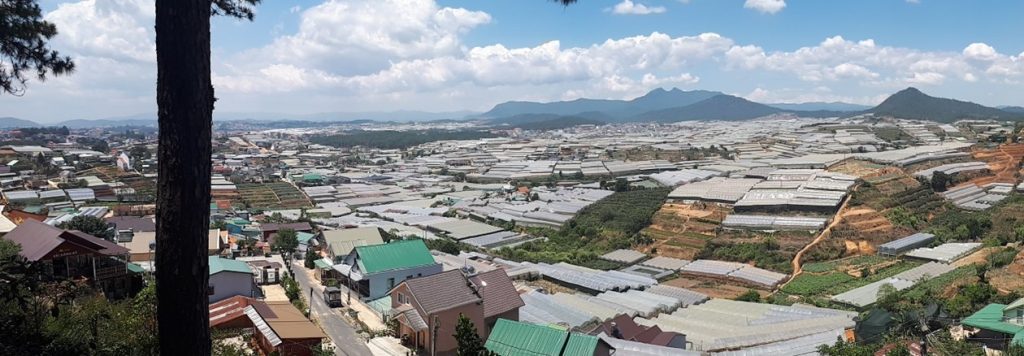
The re-use of drain water is not yet applied in Vietnam by local growers, while this is common practice in the Netherlands within the horticulture sector. Adapting the technologies applied in the Netherlands to be technically and economically feasible in Vietnam to re-use drain water makes this project unique and innovative. Especially the Ridder VitaLite system, which has not yet been applied by local vegetable growers in Vietnam. It may seem simple to copy the Dutch system and put it in place in Vietnam, but it is certainly not as simple as that. The systems to re-use drain water have been developed and have evolved over 40 years. Access to knowledge and companies providing services related the re-using of drain water are readily available in the Netherlands. This is, however, not the case in Vietnam. To introduce re-use of drain water successfully in Vietnam a holistic approach is required. For example, the Ridder VitaLate system which disinfects drain water, will not work if there is not a well working drain water collecting system collecting and transporting the drain water to the Ridder VitaLite system. The system also requires adaptations in monitoring and adjusting the fertilizer application program, to prevent that crops will not perform up to their full potential.
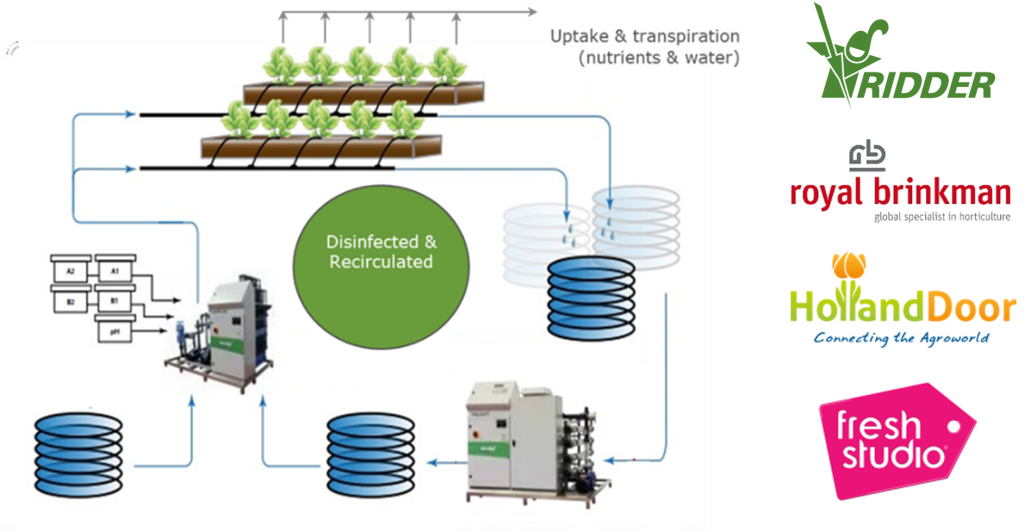
To demonstrate and convince horticulture growers (main beneficiaries) to invest in this technology we will establish a pilot project, where 2 systems to re-use drain water with the Ridder VitaLite are established with local growers. Through these 2 pilot systems we will:
- Test the system on a commercial scale and eliminate any unforeseen issue
- Quantify the results of drain water re-use e.g. crop performance, water savings, fertilizer savings (water footprint) of crops grown and return on investment
- Demonstrate the Ridder VitaLite technology enabling drain water re-use to 500 – 750 growers stimulating adoption of the technology by local growers
- Create awareness of authorities of the benefit of re-use of drain water
- Enable upscaling and commercial application of re-using drain water by Vietnamese growers
- Develop a leasing construction for growers who are unable to make the investment themselves
The long-term objective of our pilot project is that the re-use of drain water becomes common practice in the horticulture sector in Vietnam. This will support the development of a more sustainable, environmentally friendly and more efficient horticulture sector as re-use of drain water will greatly improve the water use efficiency and prevent contamination of the environment (eutrophication) through leaching of nutrient rich drain water into the environment. At the same time re-using drain water will reduce the production costs and make Vietnamese growers more cost efficient.
For more information about this project please contact:
René van Rensen
- Managing Partner – R&D Director Crops
- Info@freshstudio.vn
The Partners for Water program is implemented by the Netherlands Enterprise Agency (RVO) on behalf of the Ministries of Infrastructure and Water Management, Foreign Affairs, Economic Affairs and Climate and Agriculture, Nature and Food Quality.
For more information see: www.partnersvoorwater.nl


